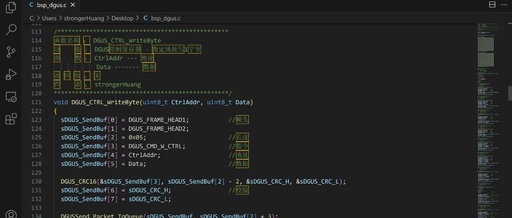Linux Weapon Library
Background Open source is the cornerstone of innovation (whether acknowledged or not). The foundation of the innovation operating system is Linux. The use, tuning, and troubleshooting of Linux require many tools. Basic Tools Linux connections: Finalshell, Winterm, MobaXterm, Xshell, and Windows bash. Open source tools can be used: winscp for file uploads, putty for system … Read more









